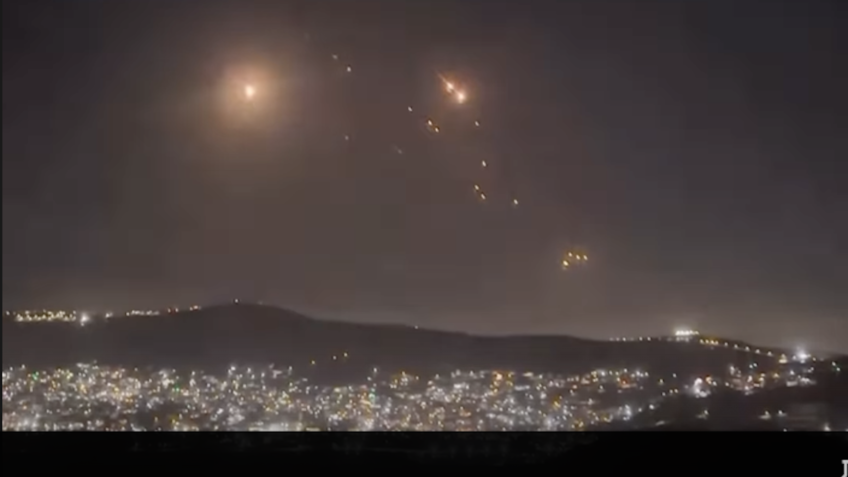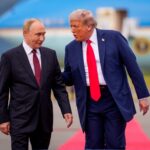
The leaders of the seven major capitalist economies in the world released on Monday, 16, in Canada, a joint statement about the aggravation of the conflict between Israel and Iran.
The document was signed by representatives of the United Kingdom, Canada, France, Germany, Italy, Japan, the United States and the European Union, who participate in the G7 summit as a permanent guest member.
The demonstration takes place during a meeting of the group in Quebec province and reinforces the support of countries to Israel’s “right of defense”. The statement also requires a “bass” of tension and includes a ceasefire appeal in Gaza.
“We claim that Israel has the right to defend itself,” says the text. “We make it clear at all times that Iran can never have a nuclear weapon.” Leaders also stated that containment should be a priority in the current scenario of instability in the Middle East.
The situation has worsened in recent days with the exchange of direct attacks between Israel and Iran. The increase in hostilities motivated coordinated diplomatic actions between G7 countries, which considered tension a threat to regional and international stability. The published text emphasizes the need for a lasting ceasefire and charges the return to diplomatic channels.
United States President Donald Trump, who was attending the meeting, announced his early departure from the summit on Monday night.
“I have to go back for obvious reasons,” the head of state told reporters before boarding back to Washington. The information was confirmed by White House spokeswoman Karoline Leavitt, who stated that Trump would “return to resolve very important issues.”
Trump’s decision occurred a few hours after he published, in his account on the Truth Social platform, an appeal to “all evacuate immediately Tehran”, Iran’s capital. The message caused immediate reaction in the diplomatic environment and increased speculation about a possible large -scale military climbing involving the United States.
With the departure of the US president before the end of the summit, European leaders expressed concern about the group’s cohesion and political coordination.
The anticipation of the trip was interpreted as a sign that the White House can adopt unilateral measures or act directly with the Israeli government, outside the consensus built in the G7.
The group’s statement reiterates the commitment to the non -proliferation of nuclear weapons and the defense of stability in the Middle East.
Leaders asked everyone involved to avoid actions that expand the conflict and reiterate that diplomatic channels should be prioritized. “We appeal to the parties to exercise maximum containment and prioritize the diplomatic channels,” concludes the document.
The G7 summit had been summoned with an initial agenda focused on topics such as climate change and international economic cooperation. However, the climb between Israel and Iran dominated the discussions from the first day, shifting the focus of debates to the international security area.
Negotiations between the member countries were conducted under the pressure of a possible new military crisis in the Middle East.
The approved text represents an effort by leaders to maintain coordinated performance and contain the expansion of confrontations. The express position is considered an attempt to signal unity in the face of a volatile scenario.
The evaluation of diplomats present at the meeting is that the next few days will be decisive to define the direction of international position in the face of conflict. Depending on the unfolding of events, there is the possibility of a new emergency meeting among G7 countries, with an exclusive focus on the crisis.
The authorities involved remain on alert and continue to monitor the consequences of the confrontation. Member countries diplomacy remains mobilized to seek dialogue with the main actors of the conflict and avoid additional ruptures in the international order.
The G7 meeting is scheduled to end on Tuesday, 17. Until then, representatives of the countries continue to debate the possible diplomatic actions and economic measures that may be adopted in response to the situation. The next stage of negotiations may include discussions with representatives from Middle East countries and multilateral organisms.
G7 is placed in a scenario of increasing complexity, in which tensions between Israel and Iran occur in parallel to other regional conflicts. The disclosed document establishes general guidelines for containing the conflict and manifests concern for the humanitarian impacts arising from the military climb.
Source: https://www.ocafezinho.com/2025/06/17/g7-passa-pano-para-os-ataques-e-bombardeios-de-israel-contra-o-ira/

